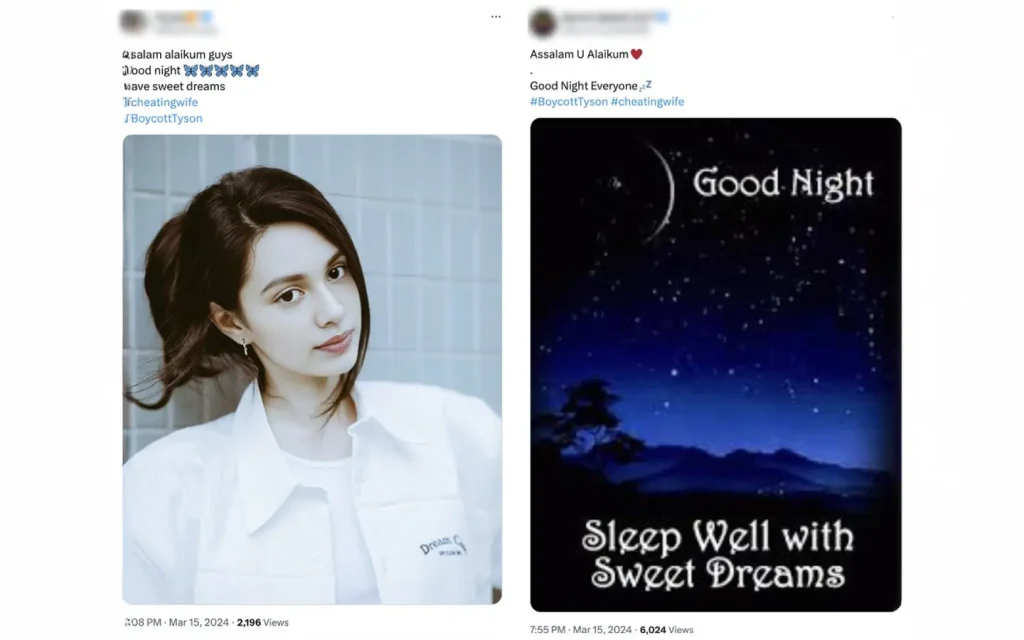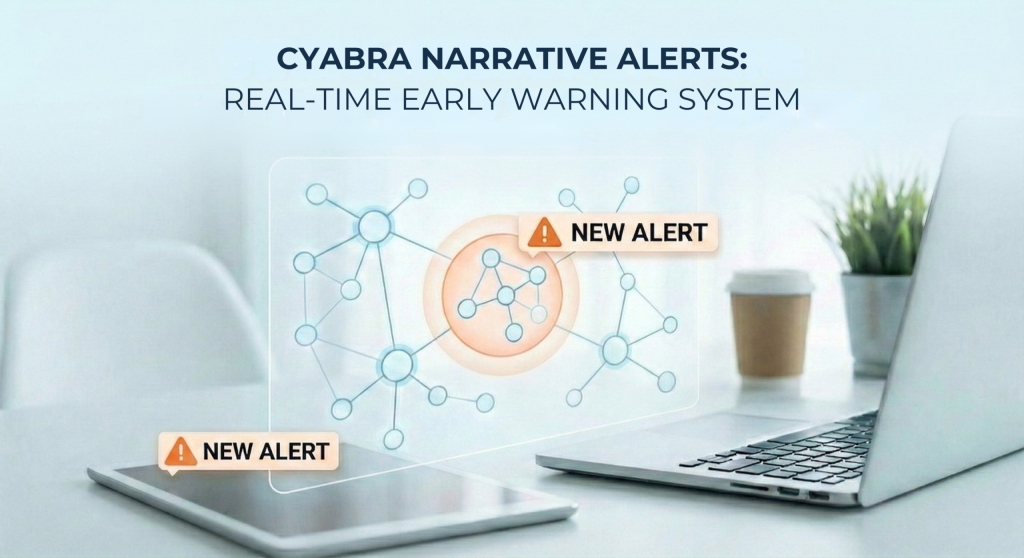Social media presence is an invaluable asset to every company or brand, no matter how big or small they are.
Keeping track of the public’s sentiment can be extremely valuable, as it allows organizations to look for new ideas, identify trends, and find which products resonate with their core audience.
But what do you do when fake profiles infiltrate social media discussions, smearing your public image and damaging a reputation that has taken years to build?
In the past few years, numerous companies have experienced PR crises that were either started by fake profiles or had fake accounts latch onto them, effectively turning what might’ve been a minor issue into a social media uproar, begging the question: who can shield your business from their negative influence, and how?
When Fake Profiles Fuel a Crisis
Fake profiles are always on the lookout, waiting for the perfect opportunity to strike. Sensing your brand’s heightened vulnerability during a PR crisis, they coordinate and launch a full-blown attack precisely when it will inflict the most damage, impacting your bottom line both in the short term and long term.
The PR crisis could come from anything – an action your company took or something it’s perceived to support – to fake profiles, the details don’t matter; they’re just waiting for the right moment to wreak havoc.
As your brand’s PR, and social media teams scramble to manage the crisis, distinguishing between genuine concerns and coordinated fake attacks becomes increasingly difficult, which makes tackling this problem all the more challenging.
Meanwhile, social media algorithms boost crisis-related content to the top of users’ feeds, mistaking the engagement from fake profiles as genuine interest, creating a feedback loop that keeps amplifying the crisis even further.
Adding Insult to Injury

As if managing a PR crisis wasn’t difficult enough, threat actors have developed new tactics, including the use of fake profiles to exploit the situation through hashtag hijacking.
Hashtag hijacking occurs when fake profiles, originally created for unrelated purposes – such as influencing elections or manipulating public opinion on global issues – use hashtags linked to your PR crisis to promote their own causes, indirectly amplifying the crisis and drawing more attention to it.
How You Can Protect Your Brand

When a crisis emerges, every second counts – the faster you can react to fake profiles, the better you can manage the situation.
Cyabra’s platform leverages advanced machine learning algorithms for bad actor detection, fake profiles detection, identifying bot networks, and mapping the spread of disinformation in real-time.
By using Cyabra’s platform, you will receive real-time alerts showing exactly who is targeting your brand, how they are doing it, and when, allowing you to respond swiftly and mitigate the impact of coordinated attacks.
Watch the video summary:



